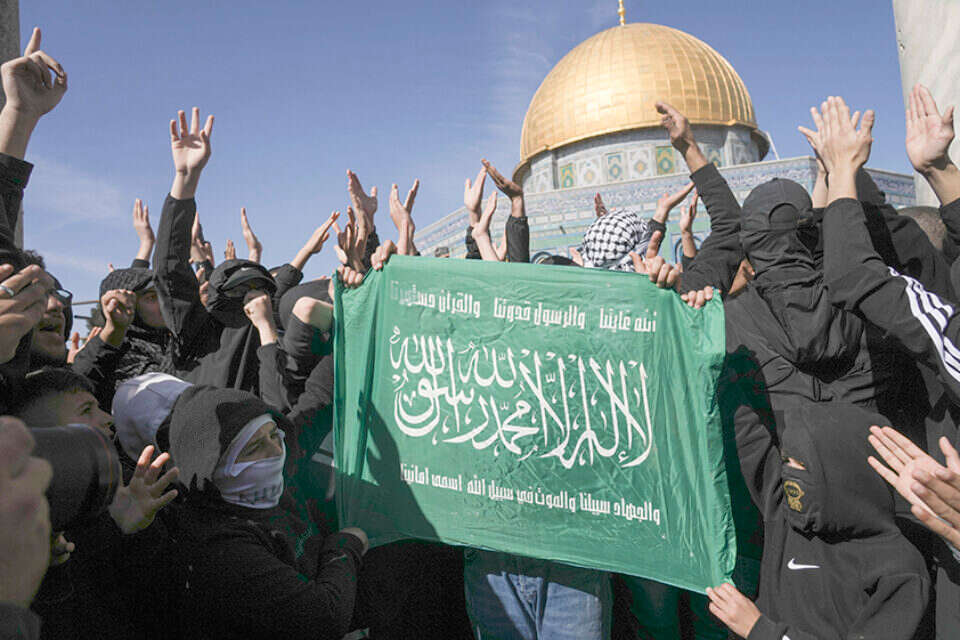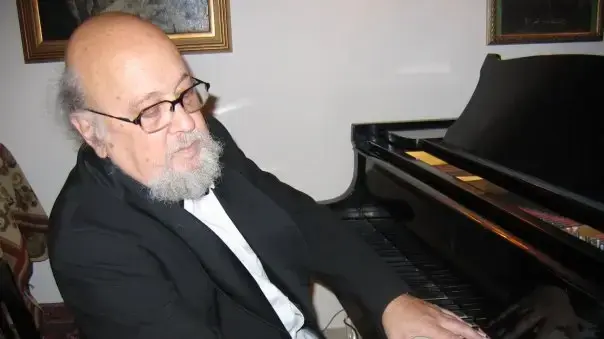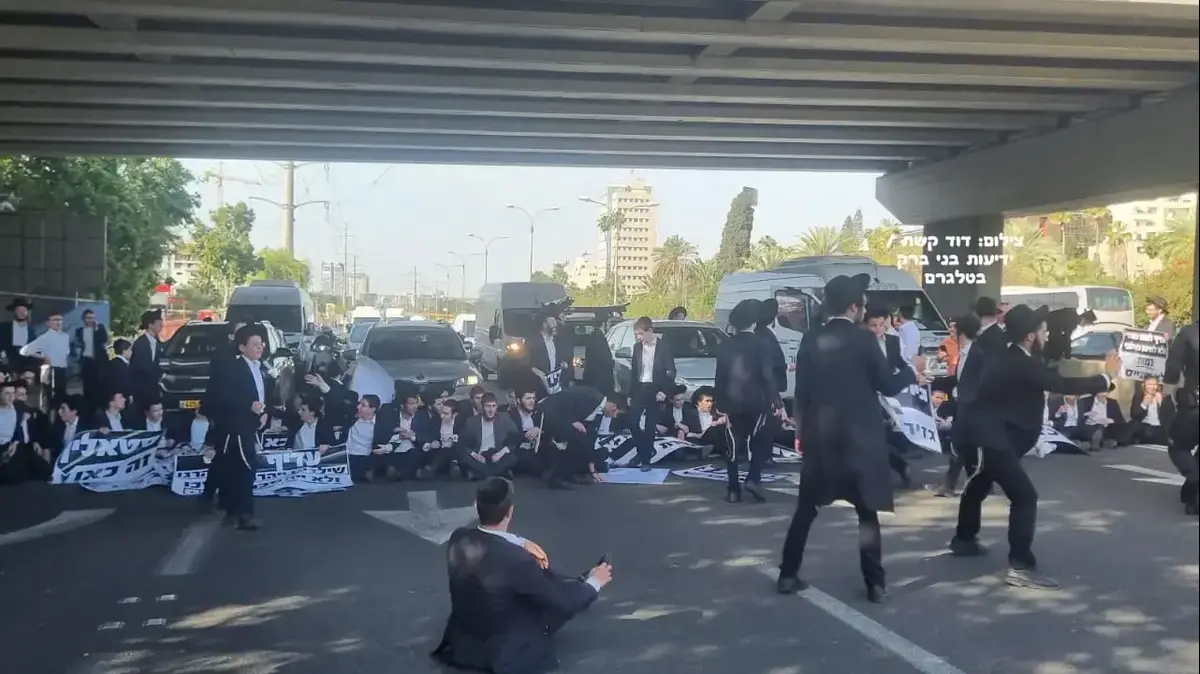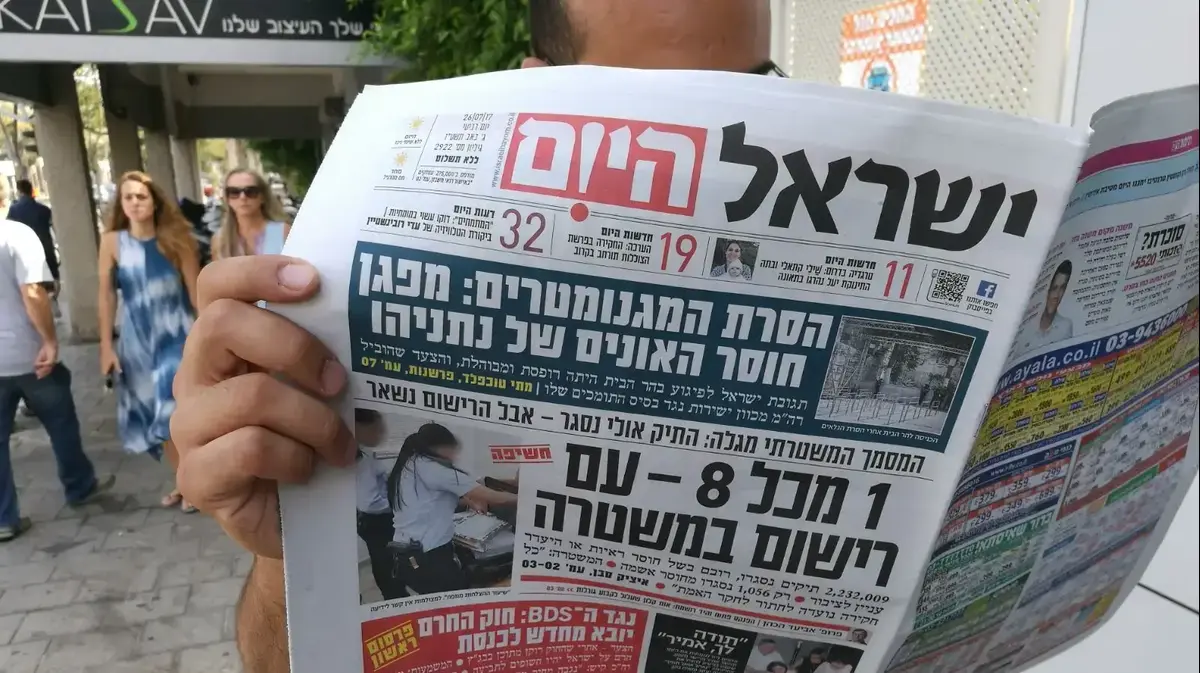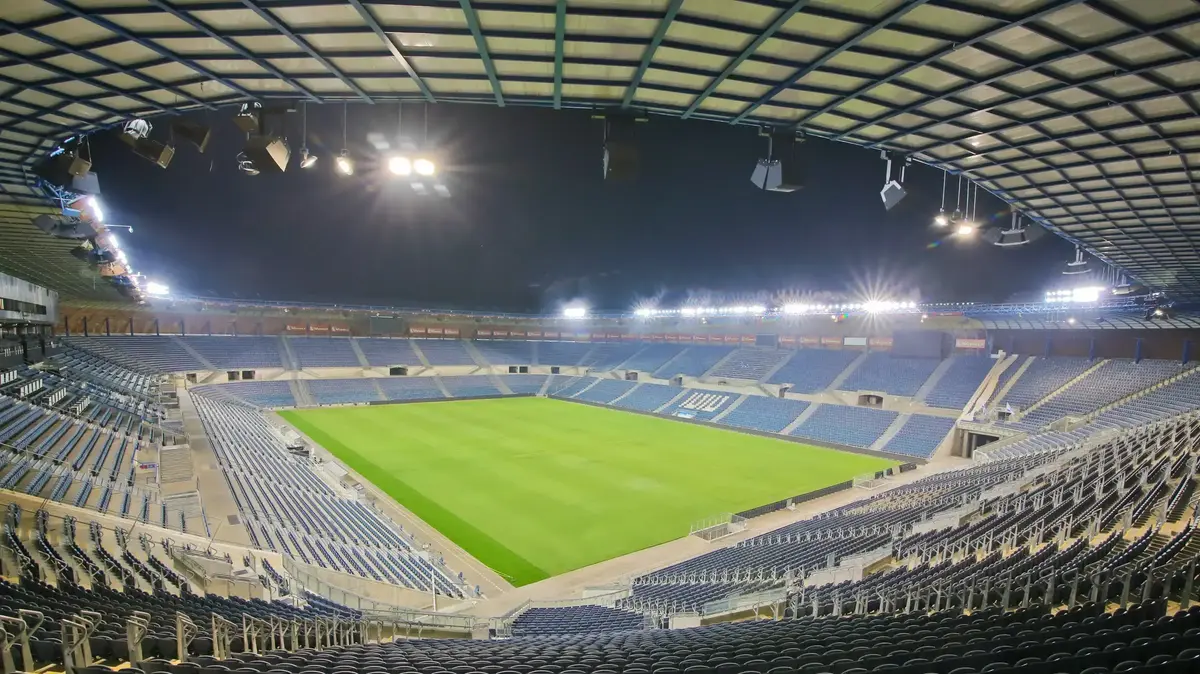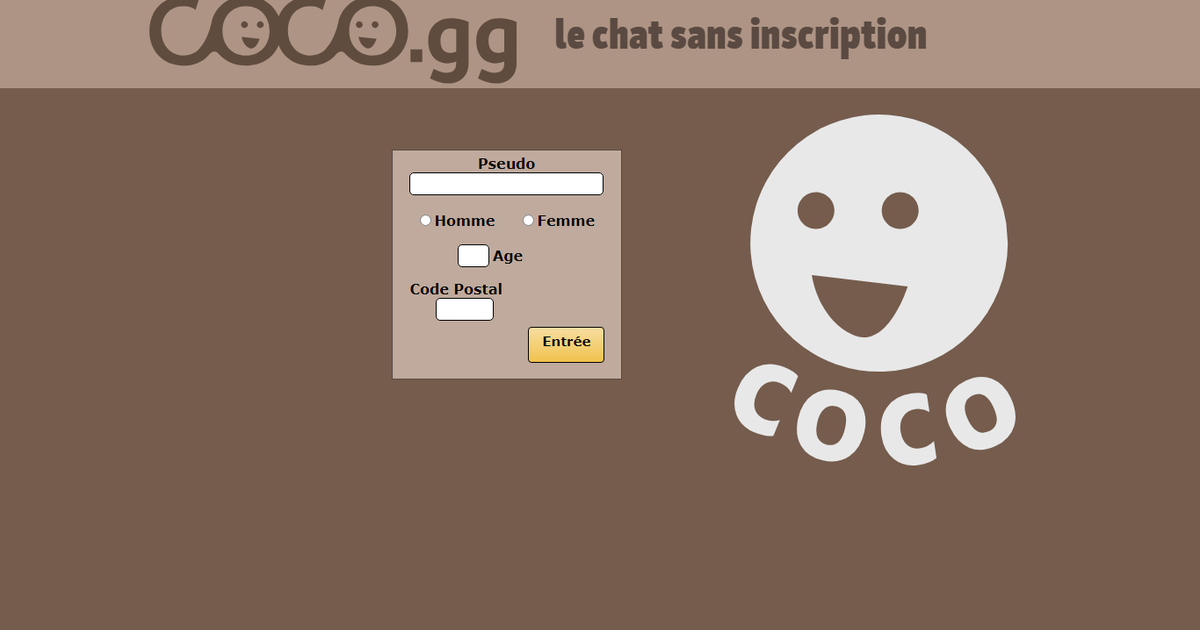What is happening in the schools in East Jerusalem?
Testimonies obtained by "Israel Today" reveal a touch of the atmosphere in which the students of the capital's east are educated.
Although they do not point to direct incitement to acts of terrorism, they raise difficult questions regarding the educational environment in some schools.
"After there are terrorist attacks, teachers in the teachers' room are amused. They are not interested in the dead on the Israeli side, and some even say, 'I wish the wounded would die.' The last one is in a school in the east of the city.
A boy waves the PLO flag in East Jerusalem, photo: AP
"A large part of the teachers sympathize with the Palestinian struggle. The existence of the State of Israel is a technical fact for them, which they accept out of lack of choice, but they have no sentiments for the state. You can catch a teacher in the hallway saying to himself, 'May God free us from the occupation, Israel must disappear,'" he adds .
"There are also extremist teachers who teach Islam in a way that brainwashes children, and the message that gets through is that persecuting Jews is permissible," the teacher explains.
"Or for example, a math teacher who decides to devote the last quarter of an hour of class to religious studies. Some tell the children: Don't watch TV, it's against Islam. Some of these teachers support Hizb al-Tahrir (extremist Islamic movement; Davsh)." .
Not all places have direct incitement to violence.
On the other hand, there is no atmosphere that encourages the students to look at Israel as a partner instead of an enemy.
According to another teacher who taught at a girls' school in the eastern part of the city, "Teachers did not bring politics into the classroom because there was supervision and it is forbidden. A teacher who does this knows that he is putting his job at risk."
Most of the teaching staff and students do not feel that they belong to the Israeli existence, and are connected to the Palestinian society.
For example, a teacher will arrive in the morning for another day of school, after the evening before he went to comfort a relative in the neighborhood whose son committed an attack.
Alternatively, there are students who come from homes that support the Fatah movement and are steeped in political militancy.
Partial and limited supervision
118 thousand students study in 26 educational institutions in East Jerusalem of all age groups.
47% of the children study in official municipal schools, which are fully funded by the State of Israel and supervised by it. The teachers, as a rule, are employees of the Israeli Ministry of Education. 38% of the students study in unofficial schools.
These are not fully budgeted by the Israeli authorities, and are operated by networks and associations.
Learning about Operation Tzuk Eitan,
Most of the teachers and educational staff acquired their training from higher education institutions of the Palestinian Authority, and the supervision of the content in these schools is limited and less effective. The remaining 15% of the students study in private schools, which are not supervised or budgeted by Israel, such as educational institutions of the Waqf and Oner A.
86% of the students in East Jerusalem study according to the "Hatawjiya", the Palestinian curriculum.
The rest, according to the Israeli plan.
The Palestinian program does not recognize the legitimacy of the State of Israel, and its books are written by the Palestinian Authority's Ministry of Education, and are transferred from Ramallah to Israel. Here they are censored, and reprinted after removing inflammatory content.
without the word "Israel"
Hence, in some of the books there is no overt incitement calling on the students to commit acts of violence, but the Palestinian narrative is emphasized in them, alongside core issues and historical landmarks in the Palestinian issue.
In a history book for high school students that came to us, we see the destruction of houses in the Gaza Strip following Operation Protective Edge, and the student is asked to "describe the Zionist aggression that is reflected in the picture".
In another task, the students have to hold a discussion and express their opinion regarding Palestinian prisoners.
The word "Israel" is not mentioned throughout the book, and instead the term "occupation" is used.
"This is our narrative, and you will not take it from us. We will never give it up," say parents in East Jerusalem.
"Our children must learn about the Nakba, the intifadas and all the things our people went through, and we will continue to insist on this and make sure it happens. This is not incitement, these are heritage, culture and history. The Zionists came and took our land. We are Palestinians, this is our identity." .
However, in the last five years there has been an increase in the number of students who enroll in the Israeli program.
"There is momentum. From 6,000 it has gone up to 17,000. If in the past there was strong opposition, today there is demand and also a waiting list of parents," says Zion Regev, director of the five-year education program in East Jerusalem.
a point of light
"The consideration is practical. More parents understand that the Israeli program is more suitable for the 21st century. The educational level is higher, the content is varied, and this shortens the path to higher education in Israeli institutions. We will not turn them into Zionists. They also do not have the status of citizens. It is impossible Approaching this by force, we want to be good. There are those who come from ruined homes and weak neighborhoods, and we try to create an alternative for them, classes, activities and an atmosphere where they will feel protected at school.
A textbook from East Jerusalem, photo: None
"A child who is doing well at school will think 20 times before carrying out an attack. It is clear that in places where there is information about incitement - there is no question at all, it must be dealt with vigorously. However, not everyone who has a Palestinian identity is a terrorist who wants to stab Jews. There is a fear that the latest wave of attacks will cause the baby to be thrown out with the bathwater. It should be understood that the schools are not the problem, but the solution," claims Regev.
"The education system is a significant thing, but not the main thing," explains in this context Dr. David Koren, CEO of the Jerusalem Institute for Policy Studies.
"There is great significance in promoting legislation and measures that will limit the content that goes on social networks, and especially on Telegram."
were we wrong
We will fix it!
If you found an error in the article, we would appreciate it if you shared it with us

